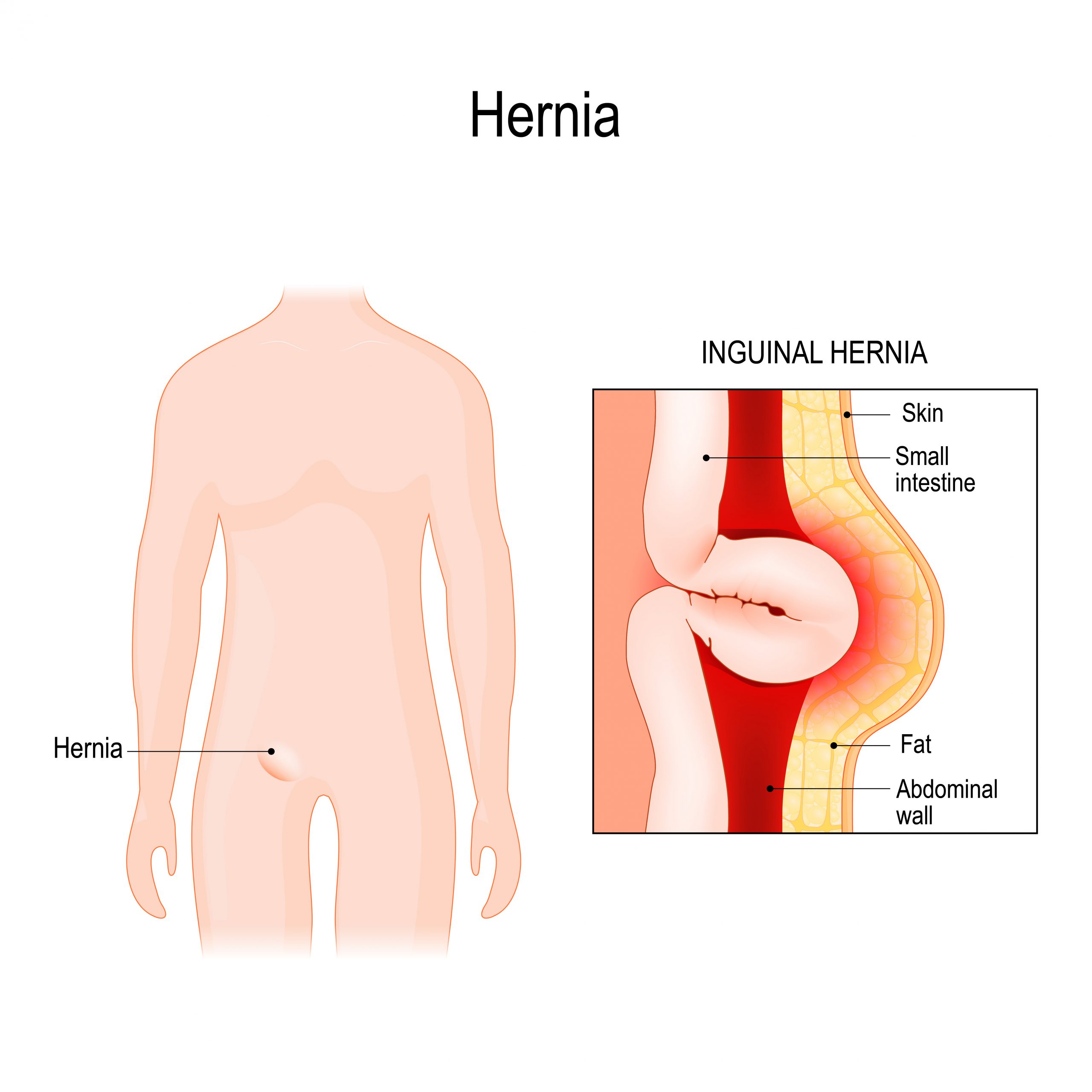The combined oral contraceptive pill (or “the pill” as it’s more commonly known) first became available in America in the early 1960s. It quickly became a trusted method of birth control for millions of women worldwide. It’s safe, effective (when taken correctly!), and has allowed women to plan their pregnancies, careers and lives in a way that was never possible before.
The Contraceptive Pill and blood clots
However, like any medication, there are some possible side effects. When you get a pill prescription, your doctor (or online doctor) will usually go through a list of questions that relate to your risk of having a blood clot. Most women have a low risk, so it’s not a major issue. But some women who have a higher risk might be better off choosing a different type of birth control. Whilst it may seem annoying and time-consuming to be quizzed every time you need a prescription, these questions are really important, and very much focused on your safety.
Blood clots can form in the legs or other parts of the body, and then travel to the lungs causing a “pulmonary embolism”, or to the brain, causing a stroke. These conditions are rare but potentially serious- that’s why it’s so important to rule out clotting risk factors before you start or continue the contraceptive pill.
So what are these risk factors?
Here are some of the most important ones:
- Smoking: if you are over 35 years of age and smoke, the contraceptive pill should not be prescribed as the risk of a blood clot is too great. In women younger than 35, smoking is discouraged for the same reason
- Pills containing certain forms of progesterone have a higher clotting risk. If possible, it is best to take a contraceptive pill containing lower risk ingredients. Speak to your GP or pharmacist for more information.
- Long haul flights increase the risk of clotting- women who take the contraceptive pill should watch for symptoms of a clot in the days and weeks after a flight (see below)
- if you are obese, with body mass index (BMI) more than 35, then the pill is unsuitable for you
- if your parent, brother, sister or child had a blood clot or stroke before the age of 45
- if you have any history of blood clots in your legs (also known as DVT or deep vein thrombosis), in your lungs (pulmonary embolism) or in your eyes
- if you have significantly reduced mobility for any reason, such as wheelchair use, illness, or recent major surgery
- if you have any condition (or a family history of any condition), which may put you at an increased risk of blood clots, e.g. antiphospholipid syndrome


A clot may present as a painful/swollen leg, sharp chest pains worse on taking a deep breath, unexplained shortness of breath, coughing up blood, numbness or weakness of an arm or leg, or sudden problems with speech or eyesight.
Whilst the risks do need to be considered, it’s important to remember that blood clots are rare, and the pill is a great choice of contraception for most women. What’s more, these days it’s easier than ever to get a prescription for the contraceptive pill. The online doctors at qoctor.com.au will soon be able to provide an online prescription without any need for you to leave your home. And they will always ask you the essential safety questions, to make sure the pill is a safe and appropriate choice for you.
Inguinal hernia
Inguinal hernia A hernia is a bulge or protrusion through a weakness or an opening. An inguinal hernia is one that occurs in the groin where the abdomen meets [...]
Anogenital warts
Anogenital warts What are anogenital warts? Anogenital warts are caused by Human Papilloma Virus (HPV) and can affect the anus and the genitals. There are over 150 types of [...]
ACL injuries & tears
ACL injuries & tears The knee has two ligaments inside the joint, that stabilise it when we are moving forwards or backwards. These are called the anterior and posterior cruciate ligaments. The anterior cruciate [...]
What is a fractured penis?
What is a fractured penis? Although the penis doesn’t have a bone in it, it can be fractured! A fractured penis occurs when the spongy tissue that swells during [...]
Could your home be causing asthma and allergies?
Could your home be causing your Asthma? Overview Our homes are not just a roof over our heads- they play a key role in our health, particularly when it [...]
How to fix an ingrown toenail
How to get rid of an ingrown toenail What is an ingrown toenail? Ingrown toenail is an extremely common condition which occurs when the inner or outer side of [...]








